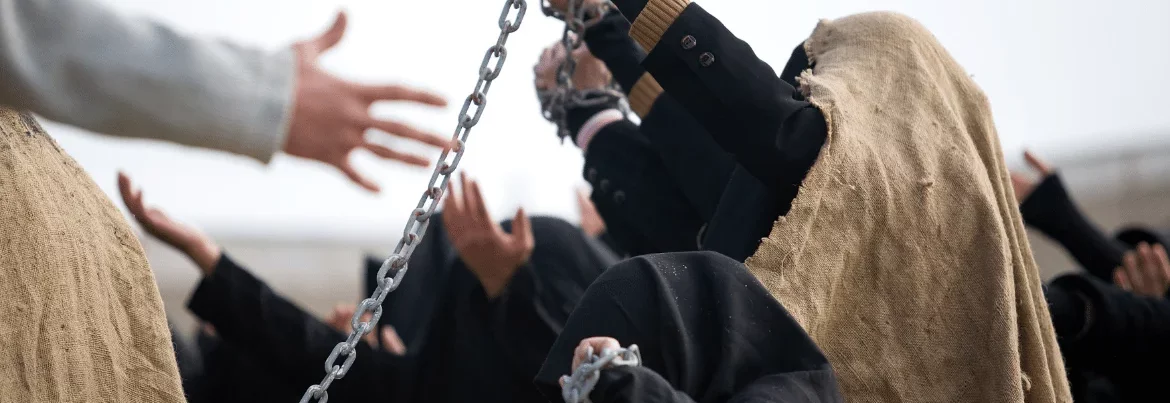
The Concept of Slavery in Islam | What Does the Quran Say?
Slavery has been a contentious issue throughout human history, and Islam, as one of the world’s major religions, has addressed it in its sacred texts and through the teachings of its Prophet, Muhammad (peace be upon him). The concept of slavery in Islam is multifaceted, influenced by the socio-political landscape of 7th-century Arabia and the gradual moral evolution that occurred during the time of the Prophet.
History of Slavery in Islam:
Slavery existed in pre-Islamic Arabia as it did in many ancient societies. People were captured in wars or raids and enslaved, and slaves were considered a form of property. Islam emerged in this milieu, and while it did not abolish slavery outright, it introduced principles and regulations that aimed to gradually mitigate its practice and improve the treatment of slaves.
Hadith About Slavery:
Hadith, the recorded sayings and actions of the Prophet Muhammad, offer insights into the treatment of slaves in Islam. One notable hadith is the saying of the Prophet: “Your slaves are your brethren upon whom Allah has given you authority. So, if one has one’s brethren under one’s control, one should feed them with the like of what one eats and clothe them with the like of what one wears. You should not overburden them with what they cannot bear, and if you do so, help them (in their hard job).” (Sahih al-Bukhari) or “He who slaps his slave or beats him, the expiation for it is that he should set him free.” (Sahih Muslim)
This hadith emphasizes the humane treatment of slaves and underscores the idea of their inherent dignity and rights.
Quran’s Perspective on Slavery:
The Quran, the holy book of Islam, addresses the issue of slavery in several verses. While it does not explicitly abolish slavery, it contains teachings that encourage kindness and fairness towards slaves and lays the groundwork for their eventual emancipation.
1. Kind Treatment of Slaves:
The Quran repeatedly emphasizes the equitable treatment of slaves. In Surah Al-Nisa (4:36), believers are urged to “worship Allah and associate nothing with Him, and to parents do good, and to relatives, orphans, the needy, the near neighbor, the neighbor farther away, the companion at your side, the traveler, and those whom your right hands possess. Indeed, Allah does not like those who are self-deluding and boastful.”
2. Freeing of Slaves:
The Quran encourages the freeing of slaves as an act of expiation for certain sins or as a gesture of charity. In Surah Al-Baqarah (2:177), it states, “Righteousness is not that you turn your faces toward the east or the west, but [true] righteousness is [in] one who believes in Allah, the Last Day, the Angels, the Book, and the prophets and gives wealth, in spite of love for it, to relatives, orphans, the needy, the traveler, those who ask [for help], and for freeing slaves.”
3. Equality Among Believers:
Islam preaches the equality of all believers regardless of social status. In Surah Al-Hujurat (49:13), it declares, “O mankind, indeed We have created you from male and female and made you peoples and tribes that you may know one another. Indeed, the most noble of you in the sight of Allah is the most righteous of you. Indeed, Allah is Knowing and Acquainted.”
Conclusion:
The concept of slavery in Islam is complex, reflecting the socio-cultural context of the time of its revelation. While Islam did not immediately abolish slavery, it introduced principles and teachings aimed at improving the treatment of slaves and ultimately fostering their emancipation. The Quran and Hadith emphasize the humane treatment of slaves, the importance of their rights, and the merit of freeing them. Through these teachings, Islam laid the groundwork for the eventual abolition of slavery and the promotion of social justice and equality.